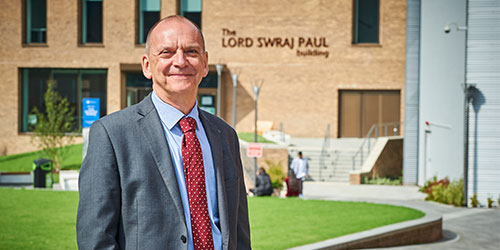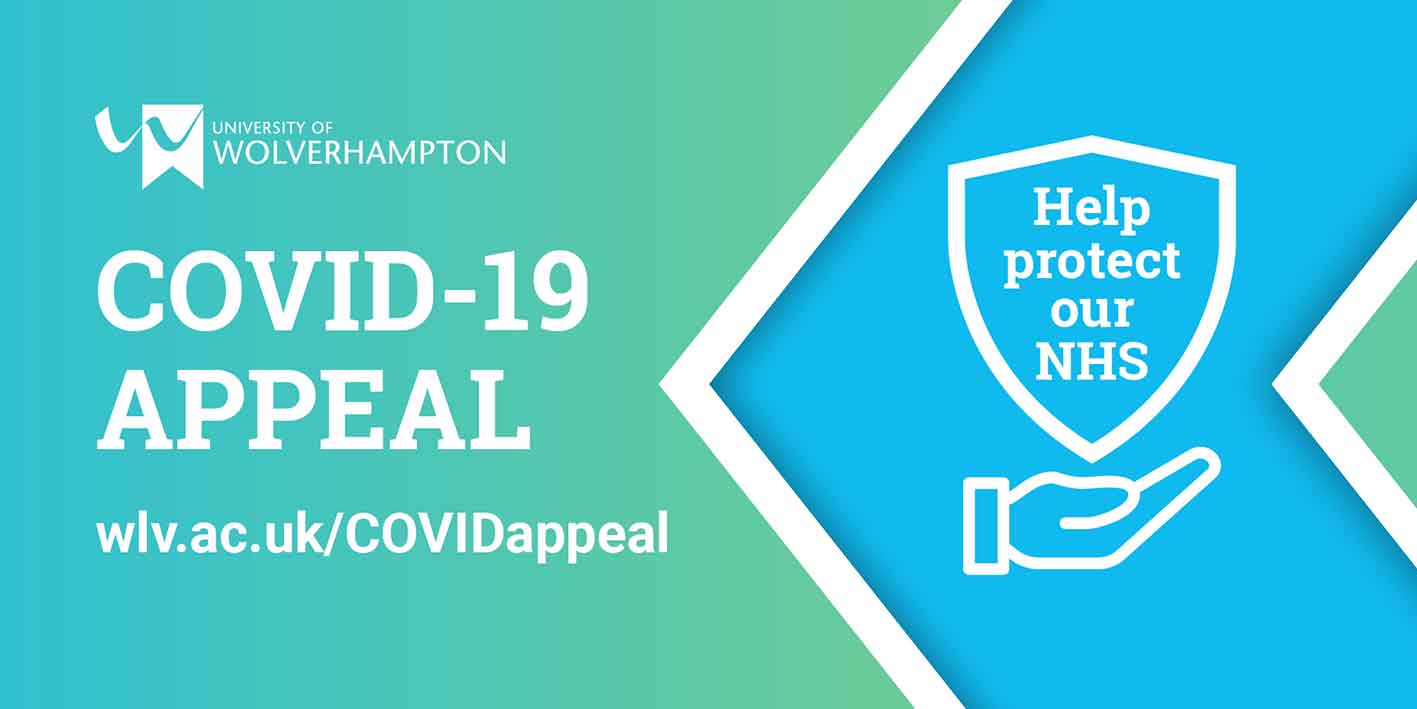
Ramadan during the Covid-19 pandemic
.jpg)
Information on how you can continue to protect yourself and others from Covid-19 whilst fasting for Ramadan.
The information and guidance included in this story comes from the British Islamic Medical Association (BIMA). You can read it in full guidance here.
Ramadan is the ninth month of the Islamic calendar and the month when the Holy Qur'an was revealed to the Islamic prophet Muhammad.
Ramadan is a holy month of religious reflection, and fasting during Ramadan is one of the Five Pillars of Islam. During this month, Muslims are encouraged to increase their good deeds, from acts of charity and community engagement to increasing good values such as generosity, kindness and patience. Fasting means not eating or drinking between the hours of sunrise and sunset.
This year Ramadan falls once again during a period of social distancing restrictions. Unlike 2020, some mosques are open for limited numbers and shorter services.
Ramadan is expected to start on Monday, 12 April. The last day of Ramadan, Eid al-Fitr, is expected to begin on the evening of Wednesday, 12 May.
Students observing fast prior may find the following guide from the NHS helpful to stay healthy.
Abdul Hameed from the Multi-faith Chaplaincy team has recorded a message for students, which you can watch here: Message from Abdul Hameed.
Covid-19 testing
Students attending in person teaching or living accommodation are expected to have two lateral flow (symptom free) tests a week. By taking part in regular testing, you will help us detect symptom free cases, stop the spread of the virus and protect our University community.
During Ramadan, you may be unsure if it is okay to have a Covid-19 test. The British Islamic Medical Association (BIMA) has confirmed that taking a test will not invalidate your fast during Ramadan. More information can be found in their official statement.
Please visit the Testing webpage that includes the locations and booking arrangements for testing sites close to our campuses. Students can arrange to get a test using the facilities referenced on this webpage or somewhere local to them.
Please note that the testing arrangements outlined on our Testing webpage are for students with no symptoms. If you are experiencing symptoms of Covid-19, you should self-isolate immediately and visit gov.uk/get-coronavirus-test to arrange a free NHS PCR test.
Please visit our Covid-19 Reporting Procedures webpage for more information.
Covid-19 vaccinations
The British Islamic Medical Association (BIMA) state that taking the Covid-19 vaccine will not invalidate your fast. This is because the vaccine is for non-nutritional purposes, and the intramuscular injection does not count as an entry site that would invalidate a fast. BIMA recommend that individuals should not delay the Covid-19 vaccination due to Ramadan.
More information can be found in their official statement.
Support and wellbeing
Due to the Covid-19 pandemic and the current restrictions in place, you may experience different challenges to other years. Please be assured that support is available if you need it.
If you would like to discuss your thoughts and approach to Ramadan and fasting, you can contact the University's Multi-faith Chaplaincy team by email: chaplaincyenquiries@wlv.ac.uk
Studying during this time may challenge you in unexpected ways, especially when you're balancing your studies with work and home commitments. If you feel stressed or anxious, you can find the support you need at the University.
Your Faculty Student Services should be the first point of call to access support and advice, and the easiest way to contact them is by the e:Vision Helpdesk.
All of our students can access online mental health and wellbeing support 24/7 through Togetherall – an online community monitored by trained clinicians. If you feel that you need advice or extra support, please check our self help resources webpage or complete the mental health and wellbeing support registration form.
Find out more about the student support services available to you here: www.wlv.ac.uk/support
If you find that fasting affects your ability to study and prepare for your assessments, please speak to your Personal Tutor, Academic Coach, Course Leader or the Students' Union Advice & Representation Centre.
For more information please contact the Corporate Communications Team.


/prod01/wlvacuk/media/departments/digital-content-and-communications/images-2024/240328-Varsity-Line-Up-Resized.jpg)
/prod01/wlvacuk/media/departments/digital-content-and-communications/images-18-19/220325-Engineers_teach_thumbail.jpg)
/prod01/wlvacuk/media/departments/digital-content-and-communications/images-2024/240404-Digital-Humanities-Training-Resized.jpg)
/prod01/wlvacuk/media/departments/digital-content-and-communications/images-2024/240320-Uzbekistan-Resized.jpg)
/prod01/wlvacuk/media/departments/digital-content-and-communications/images-2024/240229-The-Link-Resized.jpg)
/prod01/wlvacuk/media/departments/digital-content-and-communications/images-2024/240404-Pharmacy-Students-Resized.jpg)

